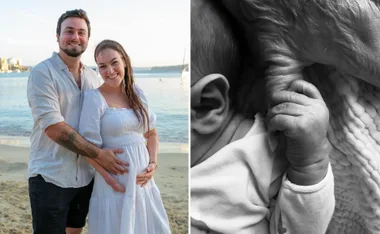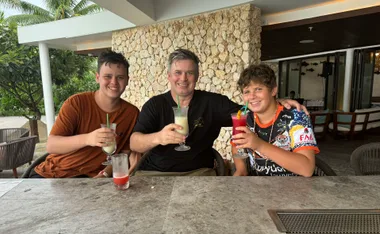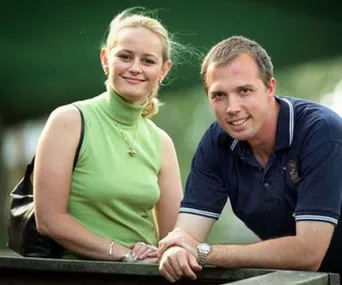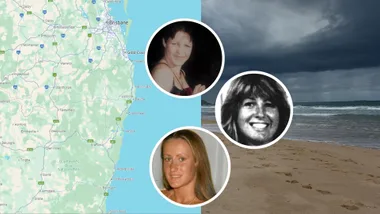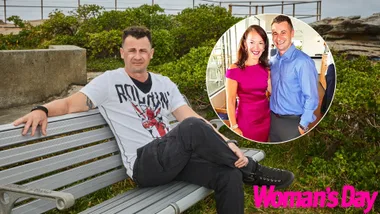Some people find it really hard to commit to things. You’ll pledge to go to gym every morning but then snooze your alarm and convince yourself you’ll go that night (spoiler alert: you won’t).
If you need a role model for commitment, let us introduce Rebecca Assie. The 60-year-old grandma has allegedly pretended to be blind for twenty-one years. If that’s not commitment, we don’t know what is.
In her two-decade stint, Ms Assie has allegedly claimed over $200,000 in Centrelink payments for being blind, while also passing sight tests to renew her driver’s license several times and working as a clerical assistant which required her to see.
“She received $209,000 in payments,” Human Services Minister Alan Tudge told A Current Affair.
“This is one of the most extraordinary cases that I have ever come across.”
This is almost as awkward as when Ryan Seacrest tried to high-five a blind guy.

In 1990, Ms Assie saw ophthalmologist Dr Michael Silva and he said her “ability to work in paid employment” was “not at all” affected by her eyesight.
“I cannot understand why the patient is applying for a pension. She has normal corrected vision for distance and near,” Dr Silva wrote in his report.
Ms Assie then went to another doctor who said she was blind and she was soon after granted a disability pension.
The grandma defended her possession of a driver’s license, saying she merely had it for identification purposes and had never driven a car. However, the Administrative Appeals Tribunal says that doesn’t explain how she passed the eye tests to obtain the license, because if blind people can pass the eye test, look out.

A Centrelink employee started to have doubts about Ms Assie’s claims – again after twenty-one years – and sent her to a doctor for eye tests.
“A person who wished to exaggerate their vision impairment or to feign permanent blindness could simply pretend not to be able to read any letter of the Snellen chart or see the chart itself,” the doctor wrote.
They had “very significant doubts” her eyesight was as bad as she claimed which led Centrelink to discover “that she did not have that impairment”.
“Through data matching, through 200 fraud investigators, and we get over 100,000 people that ring our tip-off lines and every single one of them will be investigated, and often it does lead to people being uncovered,” Mr Tudge said.
The Department of Human Services is now pursuing Ms Assie to pay back the entire $209,499.90.

